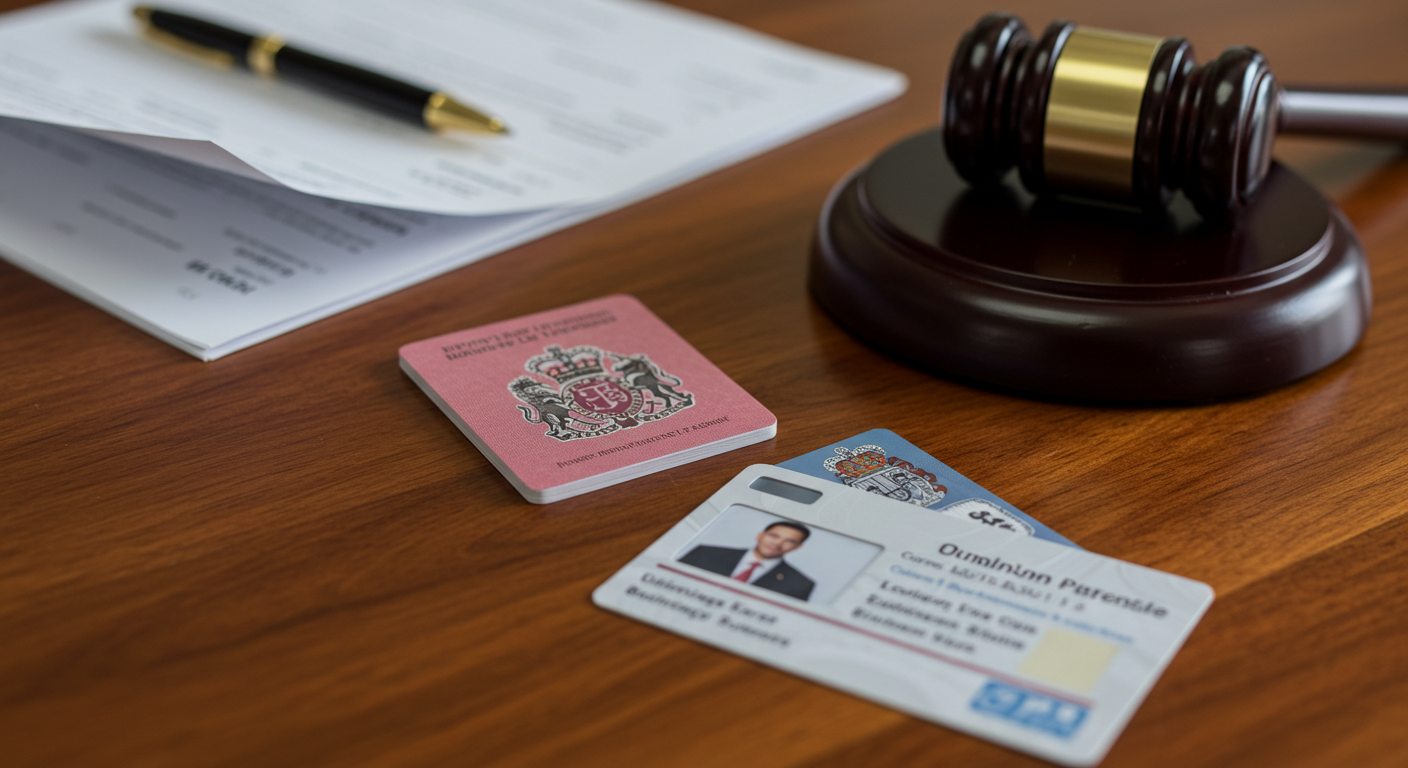The Duty to Disclose Motoring Convictions to Professional Bodies in England: What You Need to Know

The Duty to Disclose Motoring Convictions to Professional Bodies in England: What You Need to Know
In England, individuals holding professional memberships or licences may wonder whether a motoring conviction necessitates notification to their respective professional bodies. The obligation to disclose such information can vary depending on the profession and the severity of the conviction.
This article explores the circumstances under which motoring convictions should be reported and the potential consequences of non-disclosure.
Understanding Motoring Convictions

Motoring convictions in England can range from minor driving offences, like speeding, to more serious ones, such as drink driving. These convictions often result in penalty points on the driver’s licence and, in some cases, can lead to disqualification from driving.
Professional Obligations
- Varied Requirements: Different professions have different standards and requirements regarding the disclosure of criminal convictions, including those related to motoring.
- Health, Legal, and Financial Professions: Professions that demand high levels of trust and integrity, such as healthcare, law, and finance, typically have stringent disclosure requirements.
- Impact on Professional Status: Failing to disclose a relevant conviction can be seen as a breach of professional ethics, potentially leading to disciplinary action.
Disclosure Guidelines

- Severity of the Conviction: The nature and seriousness of the motoring offence can dictate whether it needs to be reported. For instance, a conviction for dangerous driving is more likely to be reportable than a minor speeding offence.
- Relevance to the Profession: The decision to disclose can also depend on the relevance of the motoring conviction to the professional role. For example, a job requiring extensive driving might necessitate disclosure of even minor motoring offences.
- Professional Body Policies: It’s essential to consult the specific disclosure policies of the respective professional body, which detail the obligations for reporting convictions.
Consequences of Non-Disclosure
Failure to disclose a motoring conviction when required can have serious repercussions, including:
- Disciplinary Action: Professional bodies may take disciplinary action against members who fail to disclose relevant convictions.
- Damage to Professional Reputation: Non-disclosure can harm an individual’s reputation and trustworthiness in their field.
- Legal Implications: In some cases, non-disclosure can have legal ramifications, especially if the individual is under a legal obligation to report the conviction.
Seeking Legal and Professional Advice

- Legal Consultation: Obtaining legal advice can help clarify the duty to disclose and the potential implications of a motoring conviction.
- Guidance for Disclosure: Legal experts can assist in navigating the disclosure process, ensuring that it is handled appropriately and sensitively.
Conclusion: Navigating the Duty to Disclose Motoring Convictions to Professional Bodies in England

The obligation to notify a professional body of a motoring conviction in England depends on various factors, including the nature of the conviction, the relevance to the profession, and the specific policies of the professional body.
Professionals facing such a situation must carefully consider their duty to disclose and the potential consequences of failing to do so. Consulting legal professionals and adhering closely to the guidelines set by the respective professional body is essential in maintaining professional integrity and compliance.
This proactive approach ensures that professionals uphold the standards of their field while mitigating the potential negative impacts on their careers.
Notice: Informational Content Disclaimer
The content provided on this website, including articles, blog posts, and other informational materials, is intended for general informational purposes only. It is not intended as, and should not be considered, legal advice.
Visitors to this website should be aware that the information presented here is not a substitute for seeking legal advice from a qualified solicitor or legal professional. Each individual's legal situation is unique, and the information provided may not be applicable to specific circumstances.
If you require legal advice or have specific legal questions, we encourage you to contact us directly. Our experienced team of solicitors is here to assist you with your legal needs and provide tailored advice to address your concerns.
Please be advised that any communication through this website, including the use of contact forms or email, does not create a solicitor-client relationship. Confidential or time-sensitive information should not be sent through this website. To establish a solicitor-client relationship and discuss your legal matters in detail, please contact us for a consultation.
We strive to provide accurate and up-to-date information, but we make no representations or warranties regarding the accuracy, completeness, or suitability of the information contained on this website. We shall not be liable for any reliance placed on the information provided herein.
Thank you for visiting our website. We look forward to the opportunity to assist you with your legal needs.




